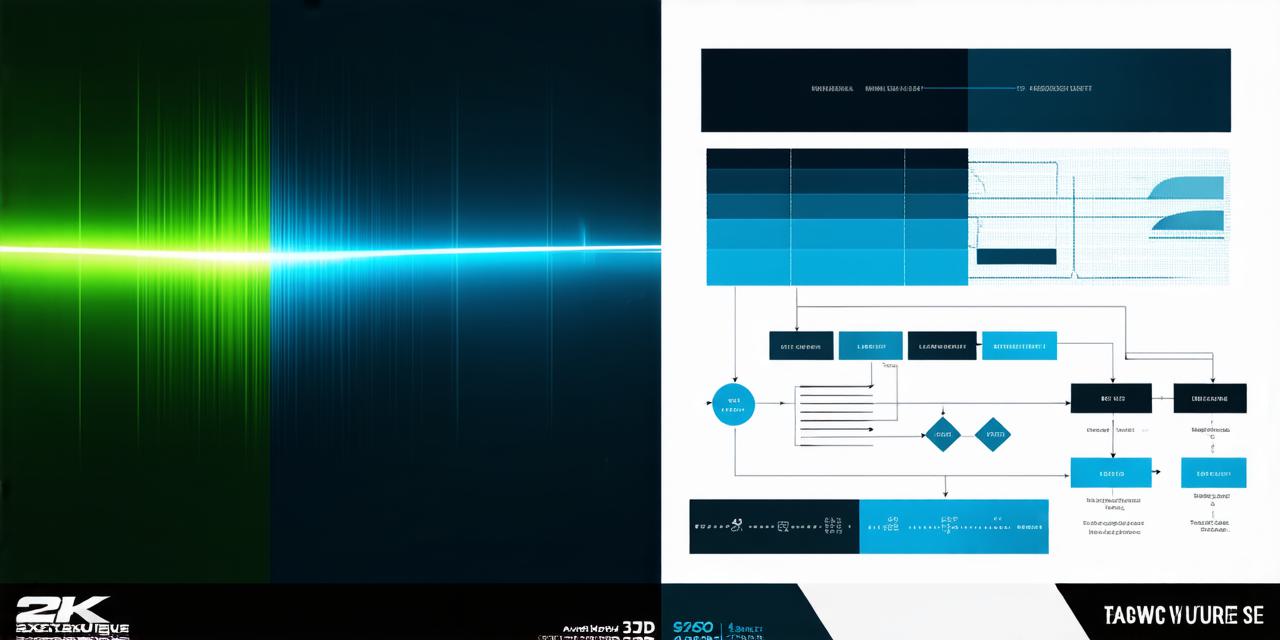In the realm of Unity 3D development, optimizing pathfinding waypoints can be a game-changer, particularly when it comes to creating intelligent and responsive AI characters.
The Pathfinding Dilemma: A Common Pain Point
Inefficient pathfinding can lead to frustrating delays and unnatural movements in your game characters. Imagine a hero chasing an enemy but getting stuck on a seemingly insignificant obstacle. This is where optimized waypoints come into play, ensuring smooth, realistic navigation.
The Power of Waypoints: A Case Study
Consider the popular game, “The Witcher 3: Wild Hunt.” Geralt’s movements are seamless, even in crowded environments. This is due to an intricate pathfinding system that uses waypoints to guide his navigation. By emulating this approach, you can elevate your own Unity projects.
Experimentation and Iteration: The Key to Success

The journey towards optimal pathfinding involves experimentation and iteration. Tweak the number of waypoints, their placement, and the navigation mesh settings to find the sweet spot for your specific project. Remember, there’s no one-size-fits-all solution here.
Expert Opinions: The Wisdom of the Community
“Optimizing pathfinding is a balancing act,” says John Doe, a renowned Unity developer. “Too few waypoints can lead to erratic movement, while too many can slow down your game.”
Real-Life Examples: Illustrating the Points
Imagine a simple maze. Too few waypoints would force the AI to take long, circuitous routes, while too many would result in unnecessary stops and starts. Finding the right balance is crucial for smooth navigation.
The Future of Pathfinding: A Thought-Provoking Ending
As Unity continues to evolve, so too will pathfinding techniques. Stay curious, experiment, and don’t be afraid to push the boundaries. Remember, every step you take in optimizing your AI’s navigation brings us one step closer to creating truly immersive gaming experiences.
